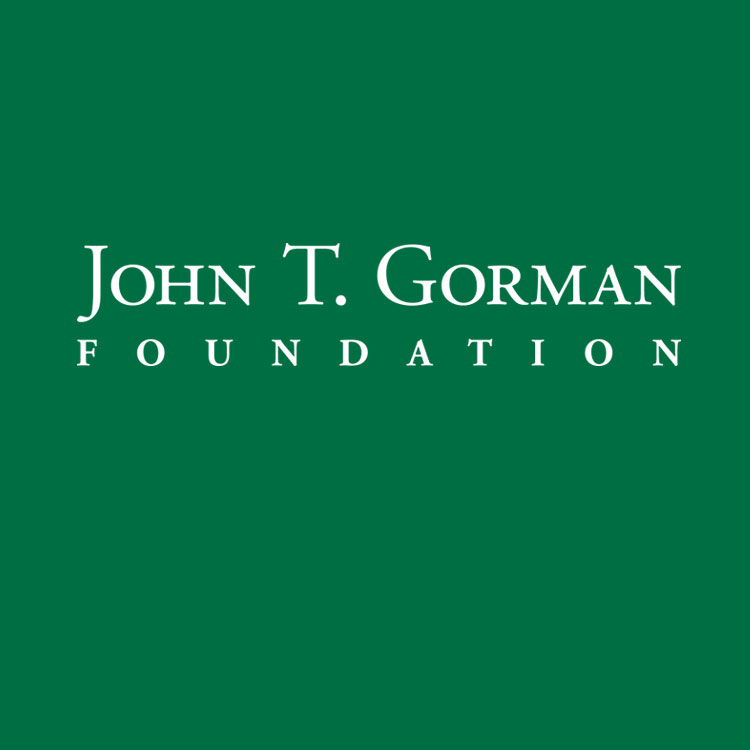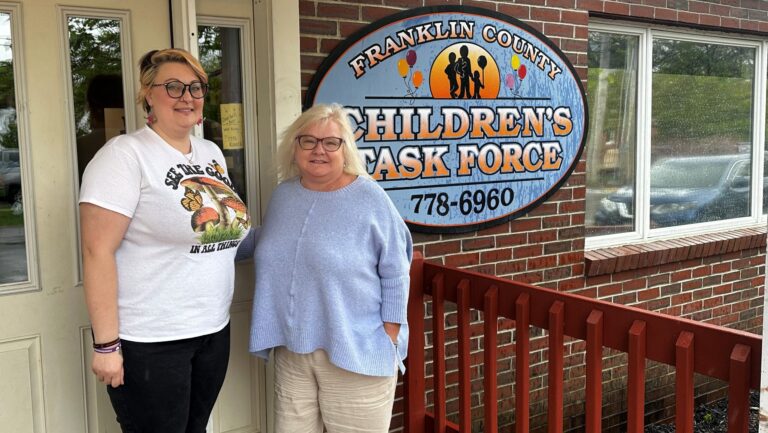The pandemic has been a time of increased mental health challenges for Maine youth – these organizations are helping them get through it
Even as vaccinations are helping us envision an end to the COVID-19 pandemic, the mental health issues left in its wake are not likely to subside quickly. It will take time to recover from a yearlong crisis that has increased stress, anxiety and isolation for all. But one group has been especially susceptible to the effects of this stressful time and deserves special attention – youth.
Prior to the pandemic, roughly 1 in 5 adolescents worldwide was already coping with mental health challenges, and suicide was the third leading cause of death for teens aged 15 to 19. COVID-19 has only intensified these issues by reducing contact with school and other community supports, driving youth unemployment, disrupting social networks, and increasing drug and alcohol use. According to the U.S. CDC, 1 in 4 young adults considered suicide last summer, significantly higher than the rate of 1 in 10 adults.
In response to these trends, the John T. Gorman Foundation made $250,000 in grants this March to 11 youth-serving organizations in Maine. Foundation staff considered several factors to direct funds to areas and populations most at risk, including county-level data on youth mental health and well-being.
“Even before the COVID-19 pandemic, the data on youth mental health in Maine was not just concerning, but alarming. The stressors of the pandemic have compounded and amplified the pressures facing youth, and we are losing them to isolation, substance use, and suicide,” said John T. Gorman Foundation Program Associate Lisa Margulies. “The Foundation is proud to support these terrific organizations tirelessly serving our young people despite the immense challenges of the pandemic and ever-limited resources.”
Here’s what three grantees had to say about what youth need right now and how their organizations are adapting to the constraints of the pandemic to keep youth engaged and supported.
Bangor Region YMCA
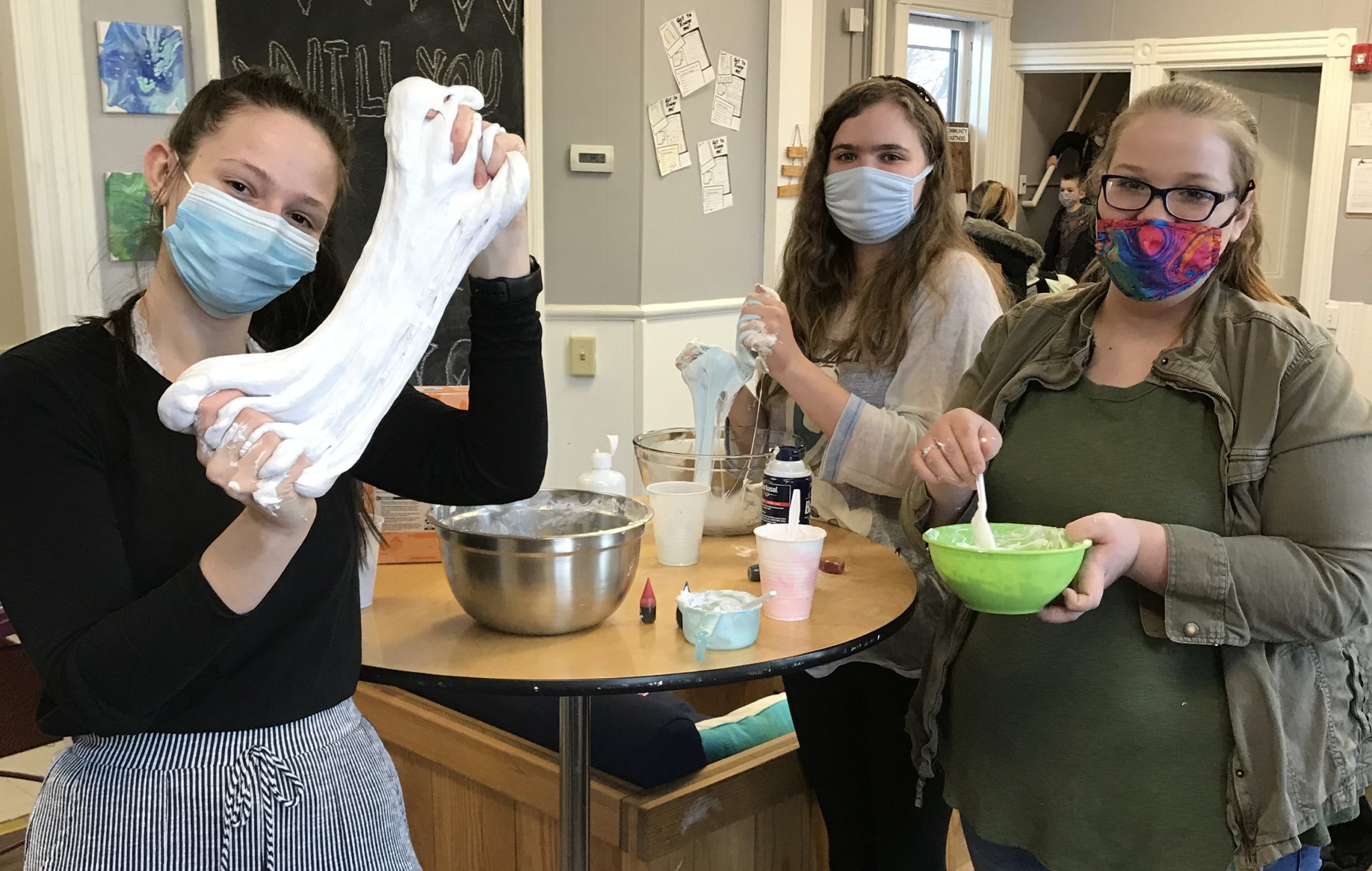
As CEO of the Bangor Region YMCA, Diane Dickerson heads an organization that serves all ages, from infants to elders. While each group has had its challenges during the pandemic, she thinks that teens have suffered more than anyone from a mental health standpoint.
“Truly, I don’t think we can overestimate the impact that social isolation has had on these kids,” she said. “There’s been some great grief and loss. They lost experiences they’ll never be able to get back – proms, birthdays, graduations – that they’d been looking forward to their whole lives.”
In response, programming and support at the Bangor YMCA has tried to address issues of isolation, anxiety, and grief – by offering support and validation for what teens are feeling right now and helping youth build skills to foster resiliency. Some of that programming has been delivered virtually, but much has been in-person, including through its summer camps and Teen Center in Bangor.
While it is a challenge to ensure young people follow safety guidelines inside, Dickerson said having them there is important to combat isolation and provide support. “We have to work harder to keep our kids connected, which both means providing safe alternatives for in-person gatherings and modifying spaces to allow for safe in-person activities,” she said.
The Game Loft
Historically, The Game Loft also centered programming in its physical space in Belfast. About 25 years ago, Patricia and Ray Estabrook started the nonprofit on the floor above their Main Street store, All About Games, out of necessity – so many kids were playing games in the store after school that there was no room for other patrons. At first, the Estabrooks thought The Game Loft would simply get youth off the showroom floor while building community among local gamers of all ages.
“In the beginning, we thought that the activity of playing games was what we were about. We realized quickly that we were doing something else – we were running a program to help kids grow up to be the best possible adults they could be,” Patricia Estabrook said. “Our purpose is to transform lives and to get kids to become caring, competent, contributing, confident and connected adults, and that’s what we work on every day.”
The Game Loft does so by giving youth everyday access to free meals, mentors, and a welcoming environment with others who share their interests in non-electronic games like “Magic” and “Dungeons and Dragons.”
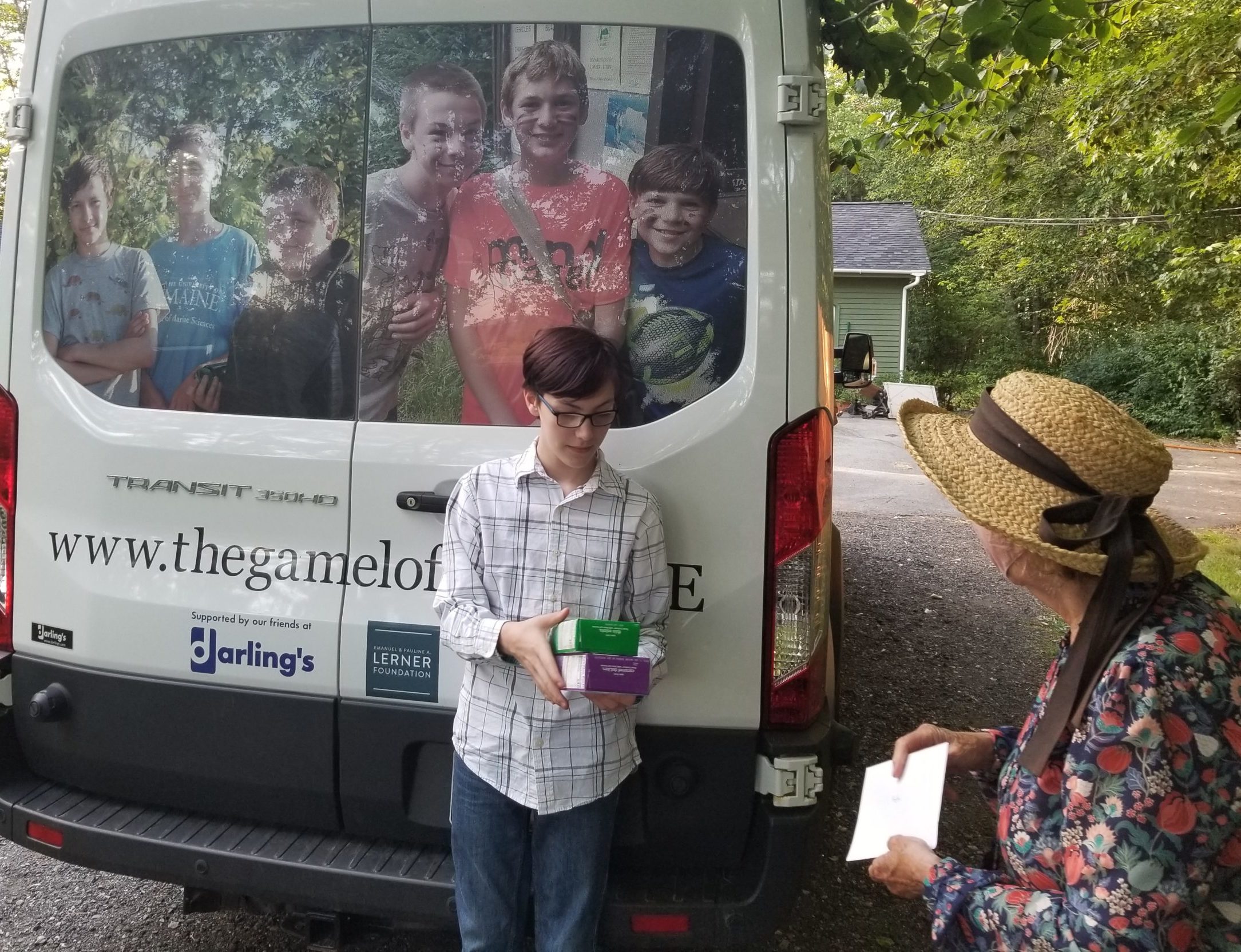
With the physical location closed since the start of the pandemic, though, the organization has found new ways to reach the young people they serve. “We immediately knew that things would be tough for kids,” Estabrook said. “We knew we would need to reach out to kids to reassure them that we are here, everything will be all right, and that they can cope.”
Over the last year, the Estabrooks and staff have personally hand-written postcards to offer support and reassurance, offered grab-and-go meals, and made biweekly deliveries of food, books, games, and other donated items to youth’s homes. The gaming has also continued on online platforms.
Estabrook said she hopes the efforts have helped ease a traumatic period in which struggles at school and home have only gotten worse. As the organization looks to resume more in-person contact, it is hoping to help youth process the experience and de-stress. “We know the kids we serve are not going to be bouncing back any time in the near future,” she said. “They need more nurturing than ever before.”
OUT Maine
While all youth have struggled with mental health at this time, there are some groups for which the risks are especially high, including the LGBTQ+ youth who make up nearly 1 in 7 Maine students. In 2019, the Maine Integrated Youth Health Survey found these students are twice as likely to feel unsafe at school, and significantly less likely to feel loved and supported at home. The survey also found that 41% of LGBTQ+ students have considered suicide within the previous year – the rate was even higher, 52%, for transgender students.
“The numbers were pretty bad already,” said Jeanne Dooley, Executive Director of OUT Maine, a statewide organization serving Maine’s LGBTQ+ youth. “We know the pandemic has really exacerbated those numbers, and it also means those youth have been locked up in homes that may have become less supportive and less safe. Whatever safety they had outside with friends or schools has disappeared.”
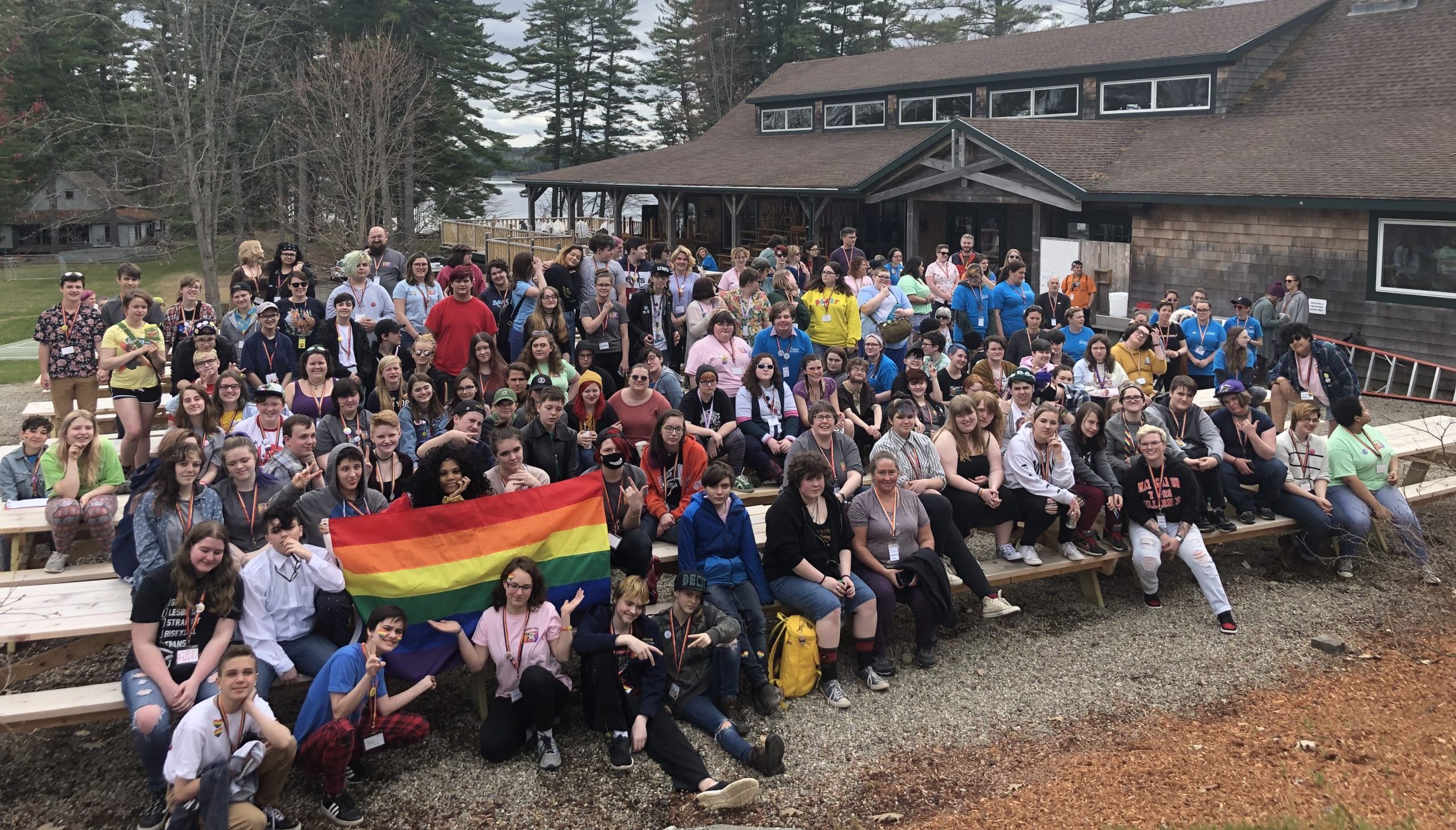
OUT Maine has continued its robust support for youth during the pandemic through online support groups. Groups are divided by age and each meets three times a week. It has also started a group for transgender youth, facilitated by a counselor. Foundation funding has allowed OUT Maine to increase the number of transgender youth groups and to bring in outside programming for the other groups.
Dooley said, among other goals like building skills of self-expression and leadership, the groups are meant to offer something LGBT youth find little of in the outside world and even their own homes – a sense of belonging.
“The messages society gives LGBT youth is that there is something wrong with them. We have too many situations where they are routinely harassed and bullied and negated for who they are,” Dooley said. “Through the youth groups, we have a safe space for them to be in. Here, we accept you wherever you are in your journey, wherever you are on the gender spectrum. You can be whoever you are.”
The John T. Gorman Foundation is grateful for the work of all its youth-serving partners. Go here for a full list of these grantees.


